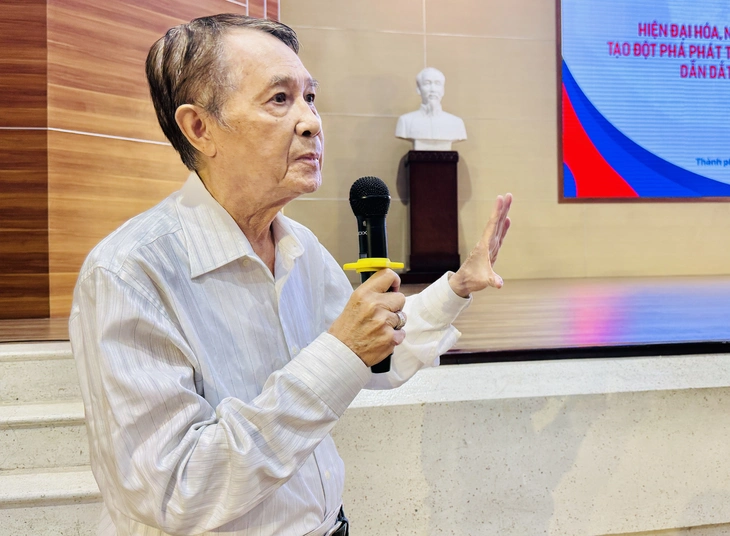
Dr. Pham Do Nhat Tien discusses university autonomy when there is no longer a school council - Photo: MG
On the morning of October 24, the Central Propaganda and Mass Mobilization Commission, the Ministry of Education and Training, in collaboration with Ho Chi Minh City National University, organized a scientific conference on "Modernizing and upgrading Vietnam's higher education, creating breakthroughs in developing highly qualified and talented human resources, leading research and innovation". University autonomy in the new context was the topic mentioned by many presentations.
Autonomous University
According to Dr. Pham Do Nhat Tien, the 2012 Law on Higher Education (amended and supplemented in 2018) is a strong innovation in thinking in higher education management.
However, the transition to autonomy for Vietnamese higher education institutions has so far been hesitant, arduous and full of obstacles. Mr. Tien believes that Resolution 71 of the Politburo on breakthrough in education development has really made a breakthrough in solving the problem of university autonomy when it stipulates: "Ensuring full and comprehensive autonomy for higher education institutions regardless of the level of financial autonomy".
Along with that is the policy of "Not organizing school councils in public educational institutions. Implementing the Party Secretary concurrently as the head of the educational institution". Abolishing the school council means eliminating the intermediate level to concentrate the focal point, transferring the administrative function to the Party organization in the school.
Similarly, Associate Professor Dr. Do Phu Tran Tinh - Director of the Institute for Policy Development, Ho Chi Minh City National University - also said that Resolution 71 clearly demonstrates the policy of promoting decentralization and delegation of power associated with resource allocation, enhancing autonomy and social responsibility of educational institutions, while ensuring transparent and effective inspection and supervision mechanisms.
Associate Professor Tran Mai Uoc from the Ho Chi Minh City University of Banking believes that Resolution 71 is a strategic direction. However, if it remains merely a policy, the resolution could easily fall into the trap of "hot at the top - cold at the bottom" or "policies on paper only".
This easily leads to the common risk in practice: "the policy is very correct and very good, but when implemented, it is ineffective", due to problems in institutions, coordination, or lack of resources. With higher education, this is an even greater risk of "half-hearted autonomy".
The Law on Higher Education must be detailed.
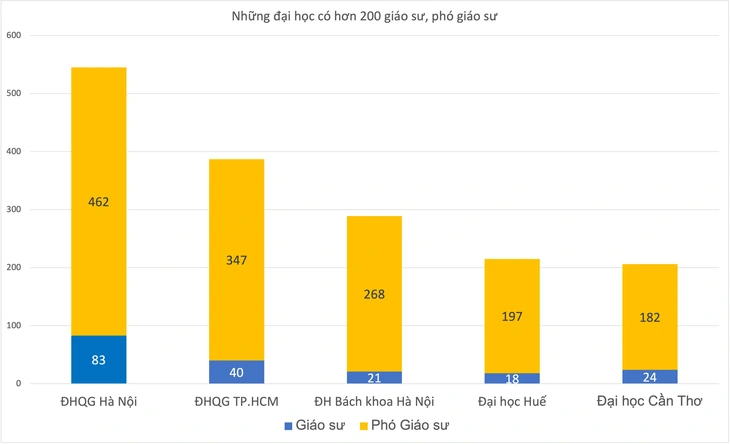
Universities with more than 200 professors and associate professors - Graphics: MINH GIANG
Dr. Pham Do Nhat Tien is also concerned about potential risks. According to him, the biggest risk is that the concentration of power can lead to a lack of democracy, abuse of power and authoritarianism, negatively affecting the promotion of school autonomy.
From there, Mr. Tien proposed that the construction of a new Law on Higher Education, decrees and guiding circulars should clearly stipulate full and comprehensive autonomy; demarcate authority between the Party Secretary who is also the head of the higher education institution and the principal; and prescribe mechanisms to control power along with promoting grassroots democracy.
Meanwhile, Associate Professor Dr. Do Phu Tran Tinh said that previous regulations had many shortcomings, leading to limitations on the autonomy of universities. On this basis, he proposed adding a number of mechanisms to ensure university autonomy.
Accordingly, Mr. Tinh proposed to allow a pilot autonomous mechanism at a number of key universities in regulating organizational structure and personnel. Piloting a special mechanism allows a number of key universities with prestige and strong scientific potential to self-recognize the titles of professor and associate professor on the basis of compliance with common standards.
Mr. Tinh also proposed to delegate or authorize approved key universities to implement training programs for teacher training, health, law, and doctoral training programs.
Inadequate recognition of the titles of professor and associate professor
Associate Professor Dr. Do Phu Tran Tinh said that the standards for the titles of professor and associate professor still have many unreasonable points, lack of uniformity and are not in line with international practices. For example, the regulation on the minimum time of 10 consecutive years of teaching is too rigid.
The requirement for the number of scientific articles is more quantitative than qualitative, which does not accurately reflect the academic value and practical impact of the research. Meanwhile, in developed countries, the consideration of titles is mainly based on quality, academic influence and scientific contributions.
The lack of clear classification of scientific article types in current regulations leads to "averaging" of publication value, when overview articles, case reports or commentaries are all considered the same, causing injustice to scientists with original research works.
Current standards are still rigid and inconsistent among professor councils of different industries and fields, making the review process inherently subjective, reducing transparency and trust in academia.
Overemphasizing the number of international publications also contributes to the increasing commercialization of academia and the outbreak of predatory journals, damaging the reputation and research quality of domestic lecturers and scientists.
Source: https://tuoitre.vn/luat-phai-chi-tiet-tranh-lam-quyen-khi-dai-hoc-tu-chu-202510241216523.htm


![[Photo] The captivating scenery of the fragrant maple forest in Quang Tri](/_next/image?url=https%3A%2F%2Fvphoto.vietnam.vn%2Fthumb%2F1200x675%2Fvietnam%2Fresource%2FIMAGE%2F2025%2F12%2F10%2F1765353233198_lan09046-jpg.webp&w=3840&q=75)



![[Photo] Explore the US Navy's USS Robert Smalls warship](/_next/image?url=https%3A%2F%2Fvphoto.vietnam.vn%2Fthumb%2F1200x675%2Fvietnam%2Fresource%2FIMAGE%2F2025%2F12%2F10%2F1765341533272_11212121-8303-jpg.webp&w=3840&q=75)

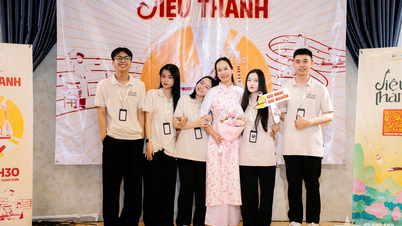



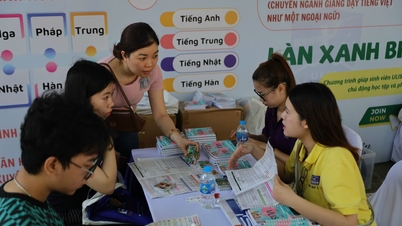

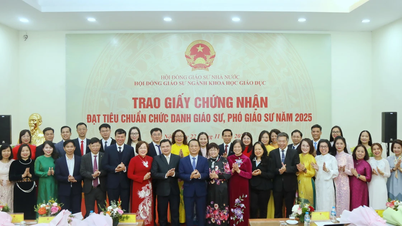

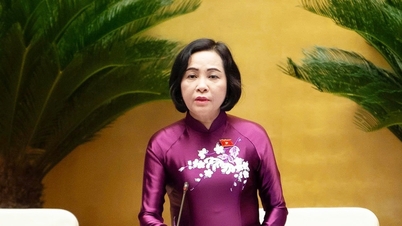

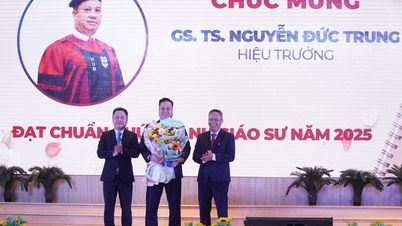


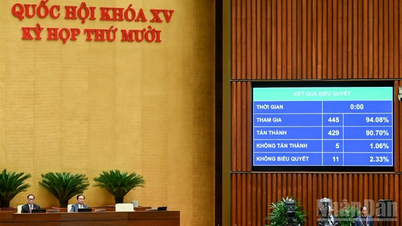

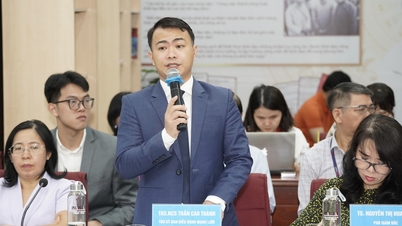

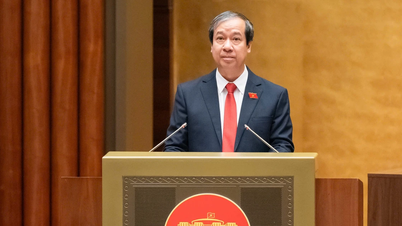
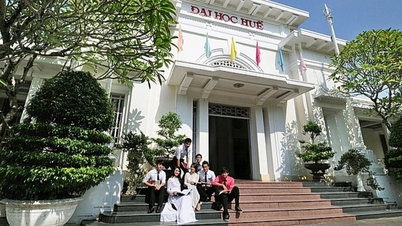








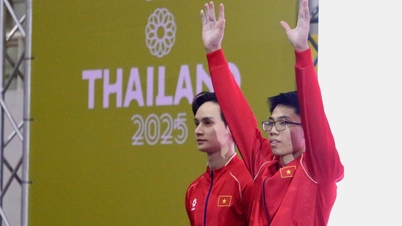






![[Video] The craft of making Dong Ho folk paintings has been inscribed by UNESCO on the List of Crafts in Need of Urgent Safeguarding.](https://vphoto.vietnam.vn/thumb/402x226/vietnam/resource/IMAGE/2025/12/10/1765350246533_tranh-dong-ho-734-jpg.webp)






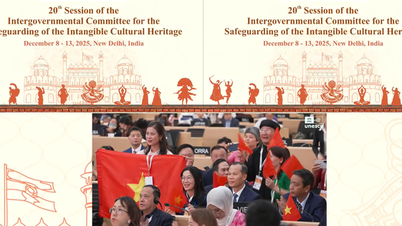






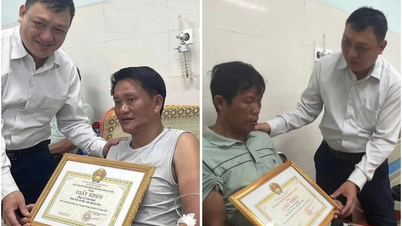





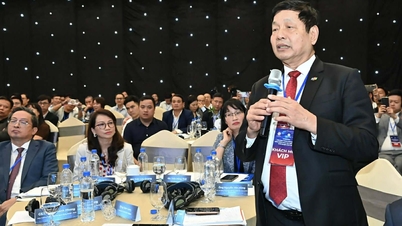

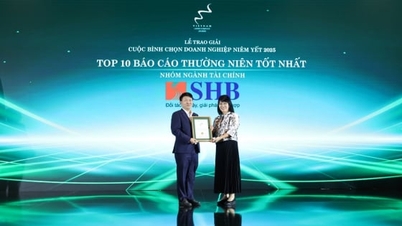







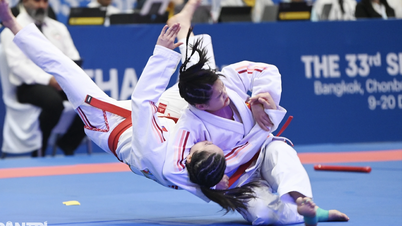











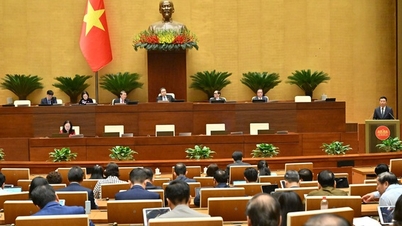



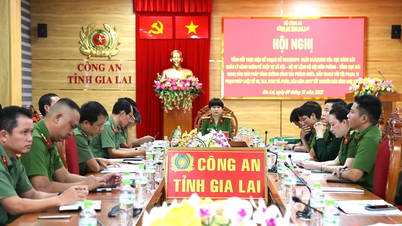

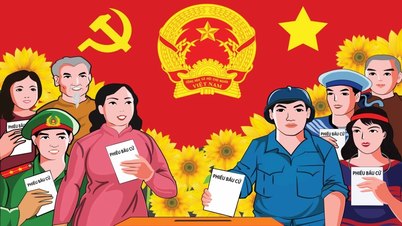

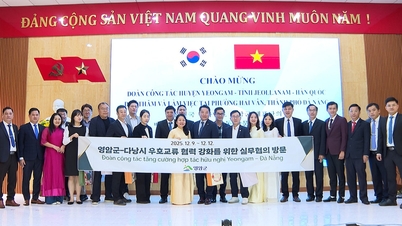

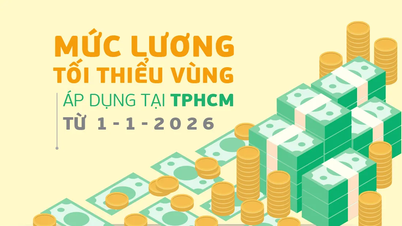

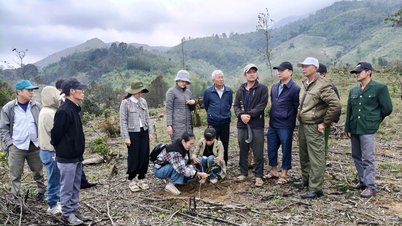



















Comment (0)